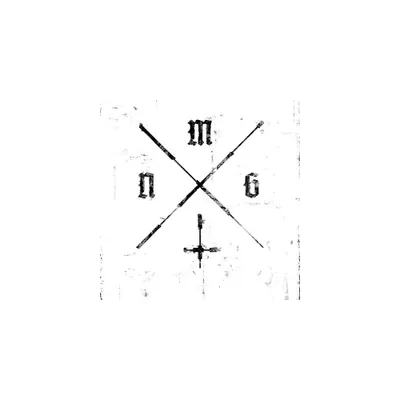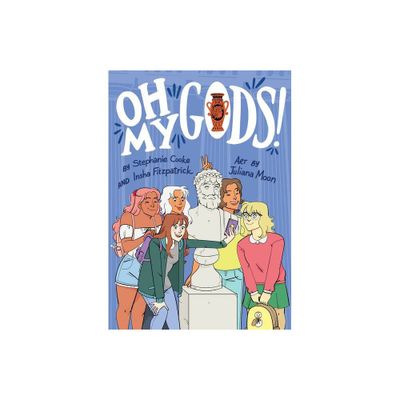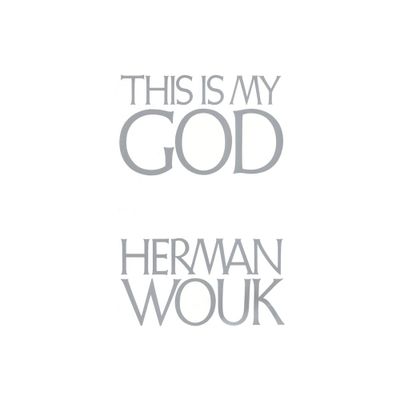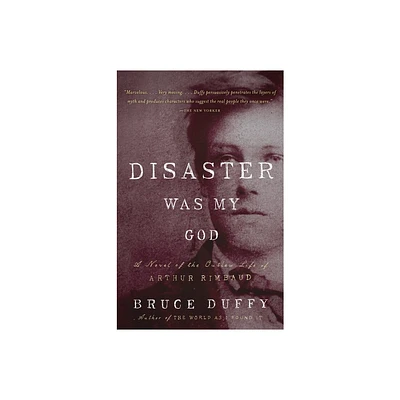Home
White Roses, My God
Loading Inventory...
Barnes and Noble
White Roses, My God
Current price: $13.99


Barnes and Noble
White Roses, My God
Current price: $13.99
Loading Inventory...
Size: CD
*Product Information may vary - to confirm product availability, pricing, and additional information please contact Barnes and Noble
As a co-founder of
Low
,
Alan Sparhawk
spent almost 30 years exploring the microscopic details with his music, first by slowing everything to a crawl with minimal and drawn-out songwriting, and by the time of later albums like 2018's
Double Negative
and 2021's
HEY WHAT
, by experimenting with distortion, layered production, and out-of-character harshness.
ended in 2022 with the death of
Mimi Parker
, who had started the band with
Sparhawk
and been married to him for its duration, completing their sound with her strikingly straightforward presence, one that was simultaneously hushed and overpowering.
White Roses, My God
's second album released under his own name following 2006's entirely instrumental
Solo Guitar
, finds him trying to forge a path forward after both the end of
and the loss of his lifelong partner. Much as
's final few albums were fearless leaps into uncharted waters for the band,
embraces experimentalism and chance throughout
. It's a record with almost no guitars but plenty of drum machines, synths, and a markedly digital personality. The entirety of the vocals on the album are processed through a vocoder, rendering
's voice -- one that could be a fragile whisper or an anguished bellow in
-- into cold, computeristic perfection. The songwriting can be just as powerful as some of his best work, and the intensity of grief comes through clearly on tracks like the lonely, aching "Heaven" or in the sharp synth stabs and foreboding melodies of "Can U Hear." "Feel Something" comes on like a bouncy chillwave track, its bass line highly reminiscent of the earliest
Nite Jewel
material, but
's lyrics of emotional disconnect and his pleading, sorrowful performance moves the song into darker, more vulnerable waters. The processed vocals will be the make-or-break element for most listeners. After a few spins, it becomes easier to find the human personality that
obscures with his vocoded vocals, much in the same way as with
Neil Young
's polarizing 1983 offering
Trans
or
Prince
's pitch-shifted alter ego
Camille
.
's inclusion of songs that come off at first as less substantial (the exercise-like "I Made This Beat" or the droning "Somebody Else's Room") tends to blur the line between the record's soul-scouring and emotionally weighty tracks and those that sound like they just kind of happened and were deemed interesting enough to keep on the album.
has always been smart, self-aware, and prone to inserting his bone-dry sense of humor into his music, and sitting with
for a while reveals deeper connections between the songs, the production choices, the feelings he chooses to share, and the moments he chooses to share them. He's as present and raw beneath the computer voice as he's ever been, but with these darkroom synth tracks,
makes his audience work a little harder to locate him. ~ Fred Thomas
Low
,
Alan Sparhawk
spent almost 30 years exploring the microscopic details with his music, first by slowing everything to a crawl with minimal and drawn-out songwriting, and by the time of later albums like 2018's
Double Negative
and 2021's
HEY WHAT
, by experimenting with distortion, layered production, and out-of-character harshness.
ended in 2022 with the death of
Mimi Parker
, who had started the band with
Sparhawk
and been married to him for its duration, completing their sound with her strikingly straightforward presence, one that was simultaneously hushed and overpowering.
White Roses, My God
's second album released under his own name following 2006's entirely instrumental
Solo Guitar
, finds him trying to forge a path forward after both the end of
and the loss of his lifelong partner. Much as
's final few albums were fearless leaps into uncharted waters for the band,
embraces experimentalism and chance throughout
. It's a record with almost no guitars but plenty of drum machines, synths, and a markedly digital personality. The entirety of the vocals on the album are processed through a vocoder, rendering
's voice -- one that could be a fragile whisper or an anguished bellow in
-- into cold, computeristic perfection. The songwriting can be just as powerful as some of his best work, and the intensity of grief comes through clearly on tracks like the lonely, aching "Heaven" or in the sharp synth stabs and foreboding melodies of "Can U Hear." "Feel Something" comes on like a bouncy chillwave track, its bass line highly reminiscent of the earliest
Nite Jewel
material, but
's lyrics of emotional disconnect and his pleading, sorrowful performance moves the song into darker, more vulnerable waters. The processed vocals will be the make-or-break element for most listeners. After a few spins, it becomes easier to find the human personality that
obscures with his vocoded vocals, much in the same way as with
Neil Young
's polarizing 1983 offering
Trans
or
Prince
's pitch-shifted alter ego
Camille
.
's inclusion of songs that come off at first as less substantial (the exercise-like "I Made This Beat" or the droning "Somebody Else's Room") tends to blur the line between the record's soul-scouring and emotionally weighty tracks and those that sound like they just kind of happened and were deemed interesting enough to keep on the album.
has always been smart, self-aware, and prone to inserting his bone-dry sense of humor into his music, and sitting with
for a while reveals deeper connections between the songs, the production choices, the feelings he chooses to share, and the moments he chooses to share them. He's as present and raw beneath the computer voice as he's ever been, but with these darkroom synth tracks,
makes his audience work a little harder to locate him. ~ Fred Thomas


















